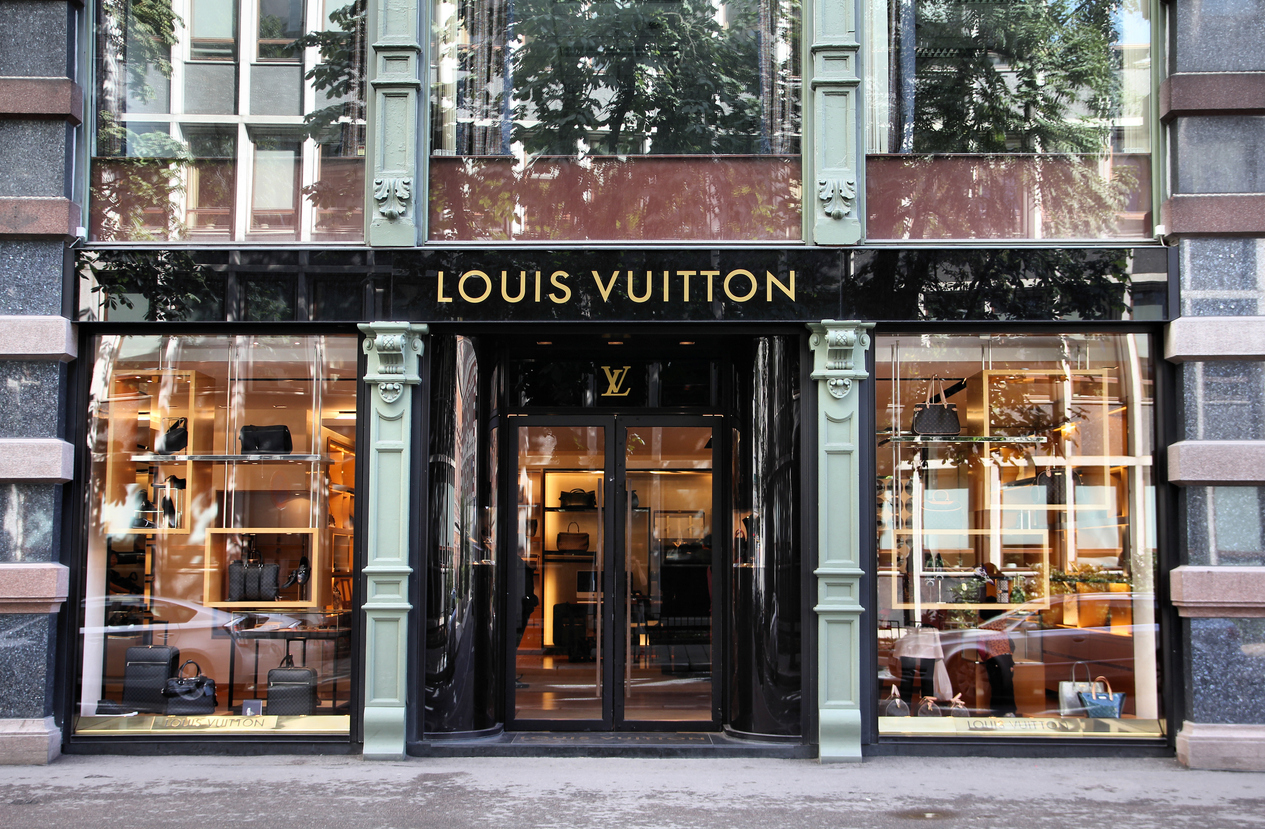Tiffanie Lane, Product Manager at OpSec Security explores the relationship between luxury fashion brands and the gaming industry.
Amid the pandemic, businesses have had to innovate to stay afloat. For many industries, this has meant pivoting to virtual, with the fashion industry among those to embrace this change. With stores closed and fashion shows cancelled, luxury fashion brands have turned to partnerships with gaming industry giants to increase exposure and revenue.
Despite the pandemic being the catalyst, these partnerships look set to stay, with gaming and fashion brands collaborating on everything from advertising to merchandise. While on first thought these may seem unlikely alliances, designer brands such as Gucci and Balenciaga have demonstrated just how fruitful they can be.
Expanding customer bases
The popularity of these partnerships largely comes down to the huge reach of gaming companies. It’s true to say that many industries struggled over the course of the pandemic, however, the gaming industry wasn’t one of them. With so much time at home, people turned to gaming consoles in their droves to keep themselves entertained and stay connected with the outside world. Already on an upwards trajectory, this has had a significant impact on the sector, with the gaming industry estimated to now be worth more than $300 billion and gamers accounting for 2.7 billion people globally. Consequently, partnering with gaming companies provides fashion brands with a vast, readymade audience to whom they can market their products.
The audience is also extremely diverse. According to reports, 87% of Gen-Z, 83% of millennials, and 79% of Gen-X play video games at least weekly if not daily. This is an undeniably broad range of consumers, meaning that by partnering with gaming companies, fashion brands increase exposure and get in front of a wide range of people who may not otherwise engage with their brand.
On top of this, as younger generations don’t typically watch TV commercials, opting to partner with gaming companies helps fashion brands to remain relevant with that demographic and to nurture a type of customer loyalty that can’t be achieved through traditional marketing. In theory, this should then translate to sales, with gamers able to purchase the items they’ve seen appear in their favourite video games.
A mutually beneficial partnership
While at first these partnerships were predominantly seen as a way to increase revenue and exposure for luxury clothing brands, it has quickly become apparent that they are mutually beneficial. As well as brands like Gucci featuring in well-known games such as Animal Crossing and League of Legends, many partnerships are now multi-layered. For instance, following its initial collaboration, fashion house Balenciaga now sells a range of Fortnite branded hoodies. By licensing their IP in this way, both fashion brands and gaming companies are able to increase their revenue.
Being linked to household names from the world of fashion also helps to increase exposure for gaming companies. After all, for some consumers, seeing that their favourite brand is so closely tied to a game will have them reaching for the control pad.
Safeguarding IP with license management solutions
For both sides to benefit from these relationships, they need to ensure that not only are they receiving the royalties due to them, but also that their IP is being used correctly. As well as ensuring that their licensing programs aren’t run in silo to the organisation’s core brand protection operations, leveraging a licensing management system, which has integrated brand protection elements, will prove crucial to this.
Taking this approach will prevent nefarious actors from misusing both brands’ IP and their products or branding being featured in unauthorised materials or on merchandise. Doing so will help to safeguard their IP and revenue streams while ensuring they avoid the reputational harm and damage to trust that misuse of their IP could cause.
Typically, without a purpose-built solution in place, licensing management can be a painstaking and disorganised process involving back and forth emails and phone calls with different parties involved in the process. Without one single point of access to all partnerships underway, it can become easy to lose track, and make it easy for bad actors to step in.
A license management system transforms this into a highly organised end-to-end process, from onboarding new licensees all the way through to reporting sales and royalties, whilst also flagging any suspicious behaviour. This is crucial, as by having this integrated as a core part of an organisation’s approach to licensing management, brands are better placed to quickly progress opportunities with third parties as they arise without opening themselves up to unnecessary risk in a new threat landscape.
Fashion fit for the digital age
From Louis Vuitton to Valentino, Marc Jacobs to Burberry, partnerships with gaming companies have taken the fashion world by storm. For these brands, licensing out their IP to well-known video games has opened the door to a wide range of opportunities, helping them to maximise the use of their IP, and increase exposure and revenues during what has been a turbulent time.
The evolution of these relationships with the launch of merchandise and innovative ad campaigns are clear indicators that it’s a trend that’s set to stick around. As more brands both within and outside the fashion industry look to capitalise on these relationships, leveraging licensing management solutions will help them gain end-to-end visibility throughout the process to ensure the use of their IP aligns with their brand values and they reap the rewards of collaboration.
While the fashion industry has been at the forefront of this pivot to virtual, brands like Gillette have shown that partnering with gaming companies isn’t just reserved for high-end products. So, as the gaming industry continues to go from strength to strength, it won’t be long until a much wider range of businesses begin to capitalise on these mutually beneficial licensing agreements.










